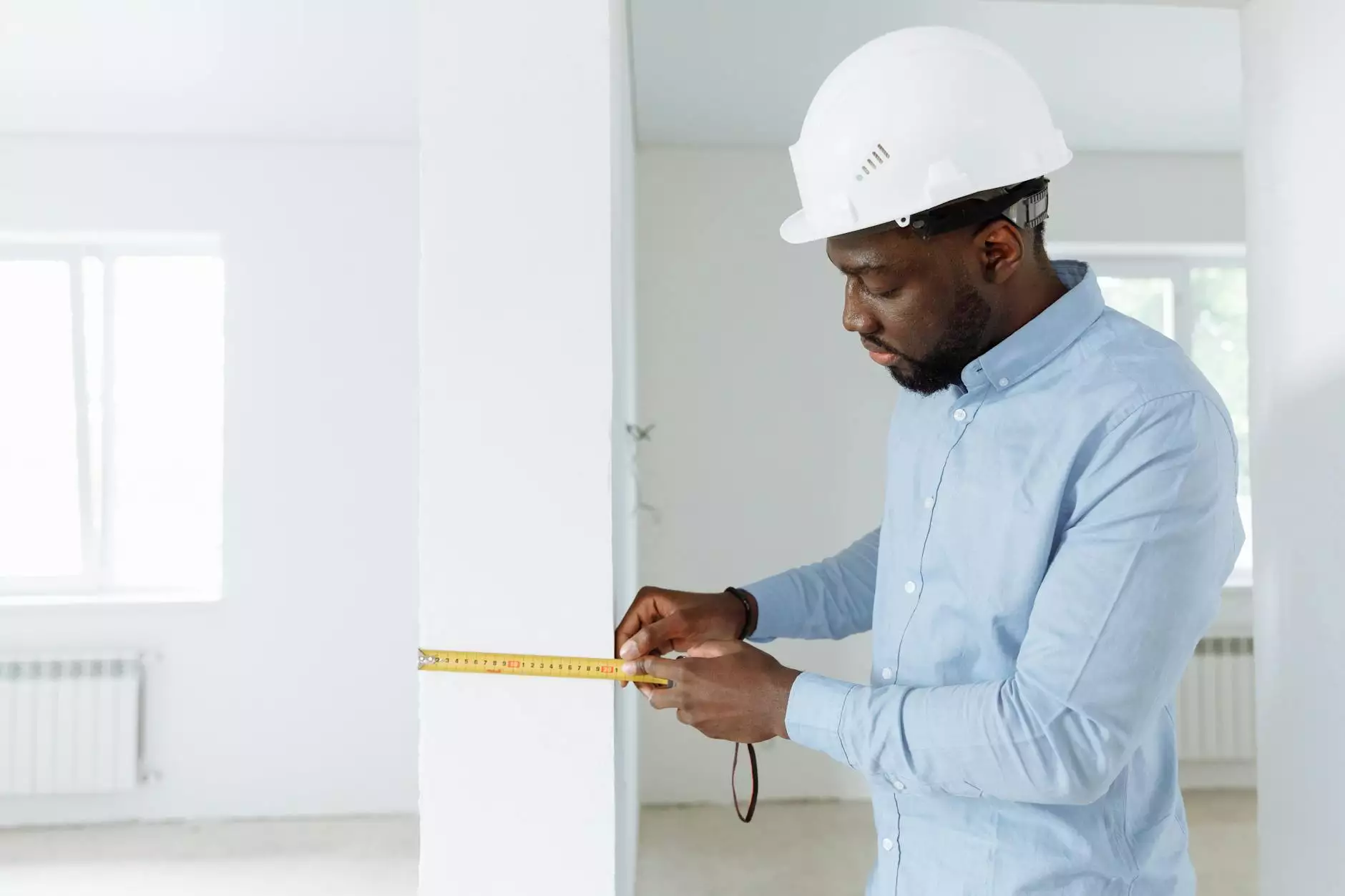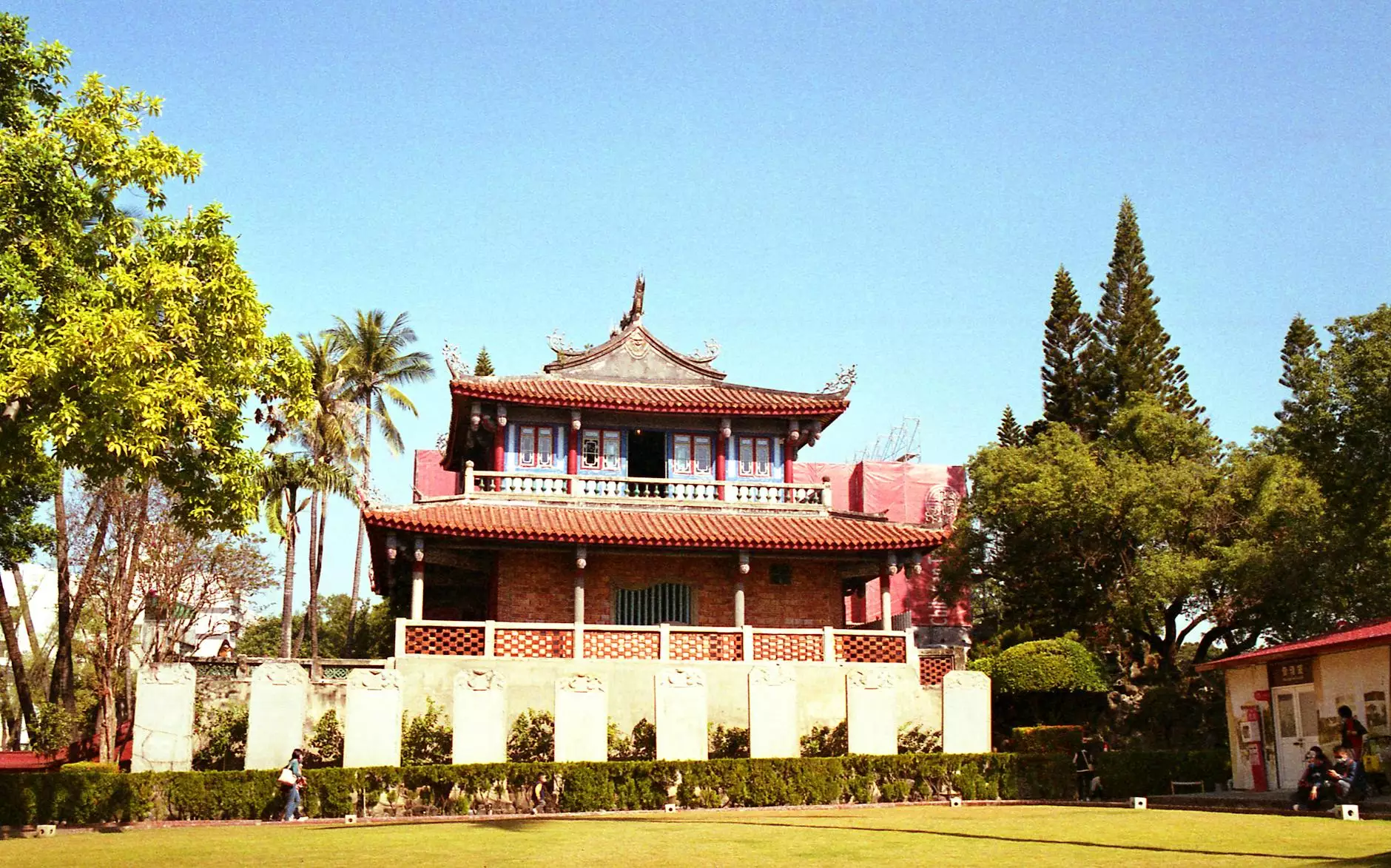Understanding House Renovation Cost: A Comprehensive Guide

The journey of transforming your living space through a renovation is both exciting and challenging. However, one of the most pressing concerns for homeowners is the house renovation cost. Knowing how to navigate this landscape can mean the difference between a dream project and financial stress. In this comprehensive guide, we will delve deep into the factors influencing renovation costs, budgeting tips, and choosing the right renovation contractor in Singapore.
What Factors Determine House Renovation Cost?
Every renovation project is unique, and multiple variables can affect the overall house renovation cost. Here are the primary factors:
- Size of the Property: The larger your home, the more materials and labor will be required, escalating the costs significantly.
- Scope of the Renovation: Minor upgrades such as paint and fixtures will cost less than extensive renovations like structural changes or adding rooms.
- Quality of Materials: Opting for high-end finishes and materials will naturally increase your budget. It's crucial to balance aesthetics with functionality.
- Labor Costs: Singapore is known for high-quality workmanship. The contractor you choose will impact labor costs, with skilled labor typically commanding higher rates.
- Location: Costs can vary significantly across different neighborhoods. Some areas may have higher costs due to demand or accessibility.
- Permits and Regulations: Depending on the extent of your renovation, you might need permits, which can add to your overall expenses.
Breaking Down House Renovation Cost
Understanding the breakdown of your renovation costs can help you allocate your budget more efficiently. Here’s a detailed analysis:
1. Design and Planning Costs
This initial phase sets the foundation for your entire project. Hiring an interior designer or architect typically costs between 5-15% of your total renovation budget. Quality design can optimize your space and ultimately save costs in the long run.
2. Demolition and Preparation Costs
Before renovations can begin, any necessary demolition must be undertaken, which can involve removing walls, flooring, or fixtures. Expect to allocate around 10-15% of your overall budget for these activities.
3. Construction and Remodeling Costs
Construction work is often the most significant portion of remodeling expenses, averaging 30-50% of your overall costs. This includes framing, drywall installation, flooring, and any structural changes needed.
4. Finishing Costs
Finishing touches can include paint, flooring, cabinetry, and lighting. Depending on the quality and choices you make here, expect to allocate about 20-30% of your budget for these elements. Choosing quality finishes can increase the durability and aesthetic value of your home.
5. Additional Costs
Don’t forget to budget for additional costs such as:
- Furnishings: New furniture and decor can increase costs significantly.
- DIY Projects: If you plan to undertake any work yourself, factor in potential costs for tools and supplies.
- Unexpected Expenses: Always have a contingency of 10-20% of your budget for unforeseen issues like water damage or outdated electrical systems.
Tips for Managing House Renovation Cost
Controlling costs without sacrificing quality is crucial for successful renovations. Here are some tips:
1. Create a Detailed Budget
Outline every potential cost associated with your renovations. Make sure to include a buffer for unexpected costs—this will help you avoid overspending and financial strain.
2. Prioritize Your Needs
Identify which aspects of the renovation are most important to you. This prioritization will help you make informed decisions about where to allocate your resources and where you might want to compromise.
3. Get Multiple Quotes from Contractors
When hiring a renovation contractor in Singapore, don’t settle for the first quote you receive. Getting multiple estimates will give you a better understanding of the market rates and will help ensure that you are not overpaying for labor and services.
4. Focus on Energy-Efficiency
Consider investing in energy-efficient upgrades. While upfront costs may be higher, the savings on long-term utility bills will often outweigh initial expenses.
5. Consider DIY Where Possible
If you have the skills, consider tackling simpler tasks yourself—like painting or landscaping—to save on labor costs.
Finding the Right Renovation Contractor in Singapore
The contractor you choose can dramatically affect your renovation experience and overall costs. Here’s how to ensure you select the right one:
1. Research and Reviews
Look for contractors with established reputations. Online reviews and testimonials are great resources to assess their reliability and quality of work.
2. Verifiable Credentials
Ensure that any contractor you hire is licensed and insured. This protects you from liability and guarantees that they follow industry standards.
3. Detailed Proposals
Ask for detailed proposals from potential contractors, including timelines, expected costs, and specific tasks. This will help you compare offers fairly.
4. Communication
Choose a contractor that is easy to communicate with. A good contractor will listen to your ideas and keep you updated throughout the process.
Conclusion
Understanding house renovation cost is essential for any homeowner looking to improve their living space. By educating yourself about the various factors that contribute to renovation expenses, you can better control costs and make informed decisions throughout your project.
Furthermore, selecting the right renovation contractor in Singapore can significantly impact your overall experience and project outcome. With careful planning and budgeting, you can transform your home into your dream space without breaking the bank.
Take the time to research, plan, and choose wisely, and you will reap the rewards of a successful renovation for years to come.



